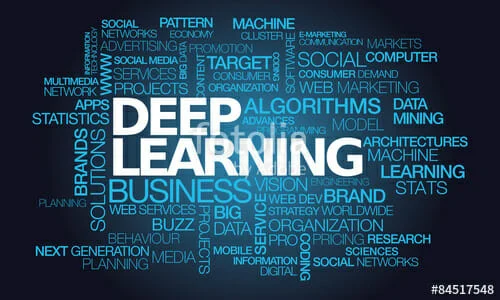
Deep Learning — A Technique for Implementing Machine Learning
Wouldn’t it be great if you could hire a coach for your every employee? Until now, it’s been too expensive to hire human coaches, and software hasn’t evolved enough or been flexible enough to give the kind of customised training and coaching that an individual employee needs.
However the good news is that the kind of machine-learning algorithms that make product, movie or restaurant recommendations will soon be available to customize training for individual employee. Imagine the level of efficiency it will kick into our workforce and make them more competitive in the talent market!
The key theme in most recent applications of artificial intelligence in HR is that it learns from experience. Once you give these programs a goal, they will experiment on their own and find the best ways to accomplish that goal. Indeed, compared to traditional software, such algorithms will also learn from user interactions. “So the more the areas of human resources where you can implement such software, the more you can build a learning organization that automatically improves year over year,” writes Rob May in The Future of AI in HR in recruiter.com.
All this innovation is called ‘Deep Learning’ which is the hottest buzzword these days. Big enterprises and startups are delving deep into this area to come up with innovative applications.
The Economist says that data is the new oil of the 21st Century. And “if data is the crude oil, databases and data warehouses are the drilling rigs that digs and pumps the data on the internet, then think of deep learning as the oil refinery that finally turns crude oil into all the useful and insightful final products,” writes Nahua Kang in his LinkedIn post Deep Learning. AI. Blockchain. Quantum Computing.
Deep Learning makes Machine Learning (ML) possible, and ML is a sub-set of Artificial Intelligence (AI). Deep Learning breaks down tasks in simple ways that makes it easier for human beings to programme machines to handle each of those task components. Deep Learning makes science fiction a reality in every field that it’s being applied to, including HRM.
This science has been evolving for decades. However earlier the methods of processing data were crude and primitive. “Neural network technology has been around for decades. It didn’t stall because it was a bad idea, but because of the lack of large data sets to train on and adequate processing power to complete that training in a reasonable time frame,” writes Michael Copeland in his blog post.
We may actually not be aware but we are already using machine learning in our everyday life. Chat bots, shopping assistants on e-commerce websites, who recommend products based on our past shopping behavior are all clever applications of deep learning. Big internet corporations - Google, Microsoft and Facebook are investing millions of dollars into these promising fields to make computers smarter than ever.
You may have heard about Facebook’s AI Research (FAIR) – Facebook has hired one of the best known deep learning academics, New York University’s Professor Yann LeCun to lead a team of more than 50 researchers. FAIR has come up with a “memory network” that is able to answer common-sense questions on subjects that wasn’t thought possible before.
Imagine the tremendous implications Deep Learning has for human resource departments, where smartly coded machines would take over most of our mundane tasks and leave us more time to think of newer and smarter ways of making machines work for us.
Will there come a time when machines will strip and rob us of all work?
We seriously doubt that.




